College of Science, Engineering & Technology
Established scholar aims high
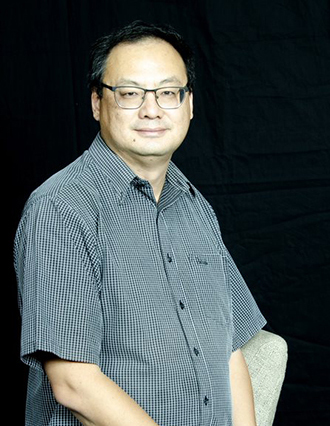
Prof Xinying Liu
Even as an established researcher rated C2 by the National Research Foundation (NRF), Prof Xinying Liu, Head of the Fischer-Tropsch Synthesis (FTS) group, Institute for the Development of Energy for African Sustainability in Unisa’s College of Science, Engineering and Technology, says that he aims to work even harder to get a better rating next time.
Liu was rated for his intensive research in the field of engineering. He explains: "The research is multidisciplinary, covering chemical engineering and chemistry. It covers heterogeneous catalysis and inorganic nanomaterials for energy application, process synthesis, biomass utilisation and carbon dioxide utilisation."
The rating is a recognition of Liu’s research in the past eight years. Liu says that he had hoped to receive a better rating as he was rated a C2 in 2015. "I will work harder for a better rating next time," he says.
Liu remarks: "The actual benefit from the rating is not much like before, as the NRF has changed the policy on how to support rated researchers. However, I am happy that I am still able to apply for various fundings that are available for rated researchers. Keeping the rating can also help me to attract industrial funders."
His research focuses mainly on renewable liquid fuel production and related areas. "The goal is to develop a process which can provide an energy solution, both electricity and liquid fuel, using local feedstock such as agricultural and forestry waste, and municipal solid waste. A further goal is to provide other renewable energy sources, mainly solar, including photovoltaics and concentrated solar power, to remote areas, so that people can have access to affordable energy products not linked to highly volatile world energy markets, and to create local jobs," he says.
Liu says: "My research also expands into advanced nanomaterials for energy application. Together with the team, we have developed a process suitable for a small mobile energy plant, which can help us achieve our goal. I plan to carry on the work that I have been doing to provide local energy solutions using local feedstock. The next step is to push our concept to commercial scale and to test it under real-world conditions."
According to Liu, research in the field of engineering needs to be expanded. "We need to bring science and engineering solutions closer to the daily lives of people in the rural areas," he concludes. "We need to provide opportunities for them to see it and work on it, so that they are not scared of science and engineering. As a result, more children will choose to study in the field."
* By Nancy Legodi, Acting Journalist, Department of Institutional Advancement
Publish date: 2021-06-09 00:00:00.0


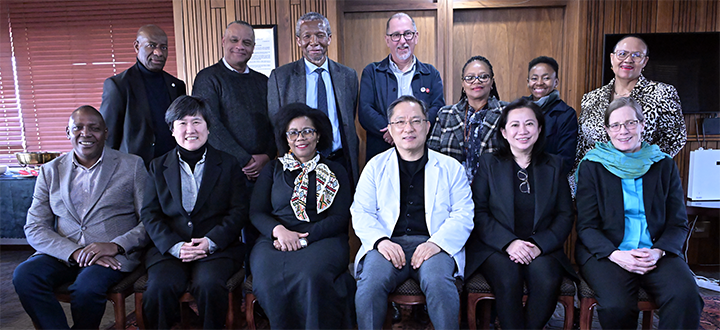 Unisa wins bid to host IAMS General Assembly
Unisa wins bid to host IAMS General Assembly
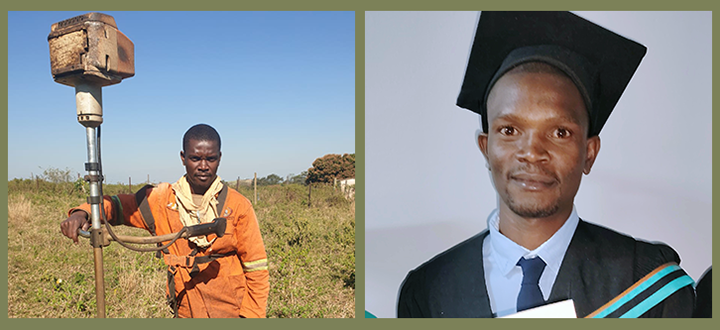 Cutting grass by day, pursuing Unisa studies by night
Cutting grass by day, pursuing Unisa studies by night
 Unisan’s research set to improve accident records management through AI
Unisan’s research set to improve accident records management through AI
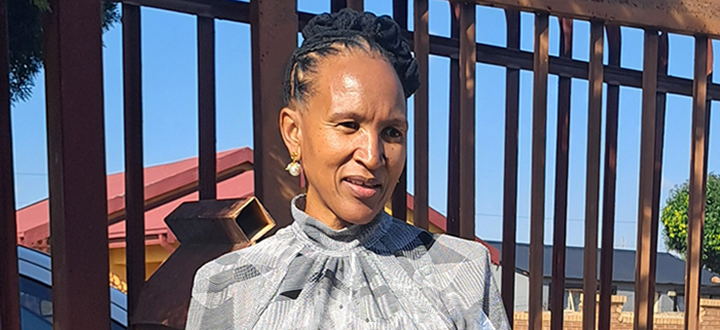 Koma e wetse: When tradition meets the harsh realities of modern livelihoods
Koma e wetse: When tradition meets the harsh realities of modern livelihoods
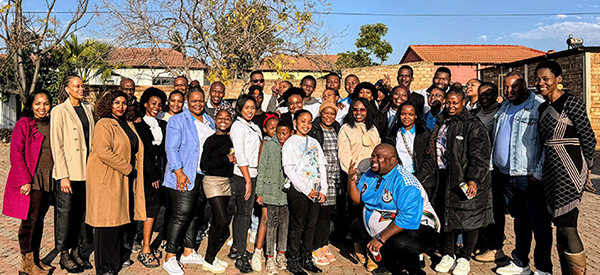 Imbizo inspires youth
Imbizo inspires youth